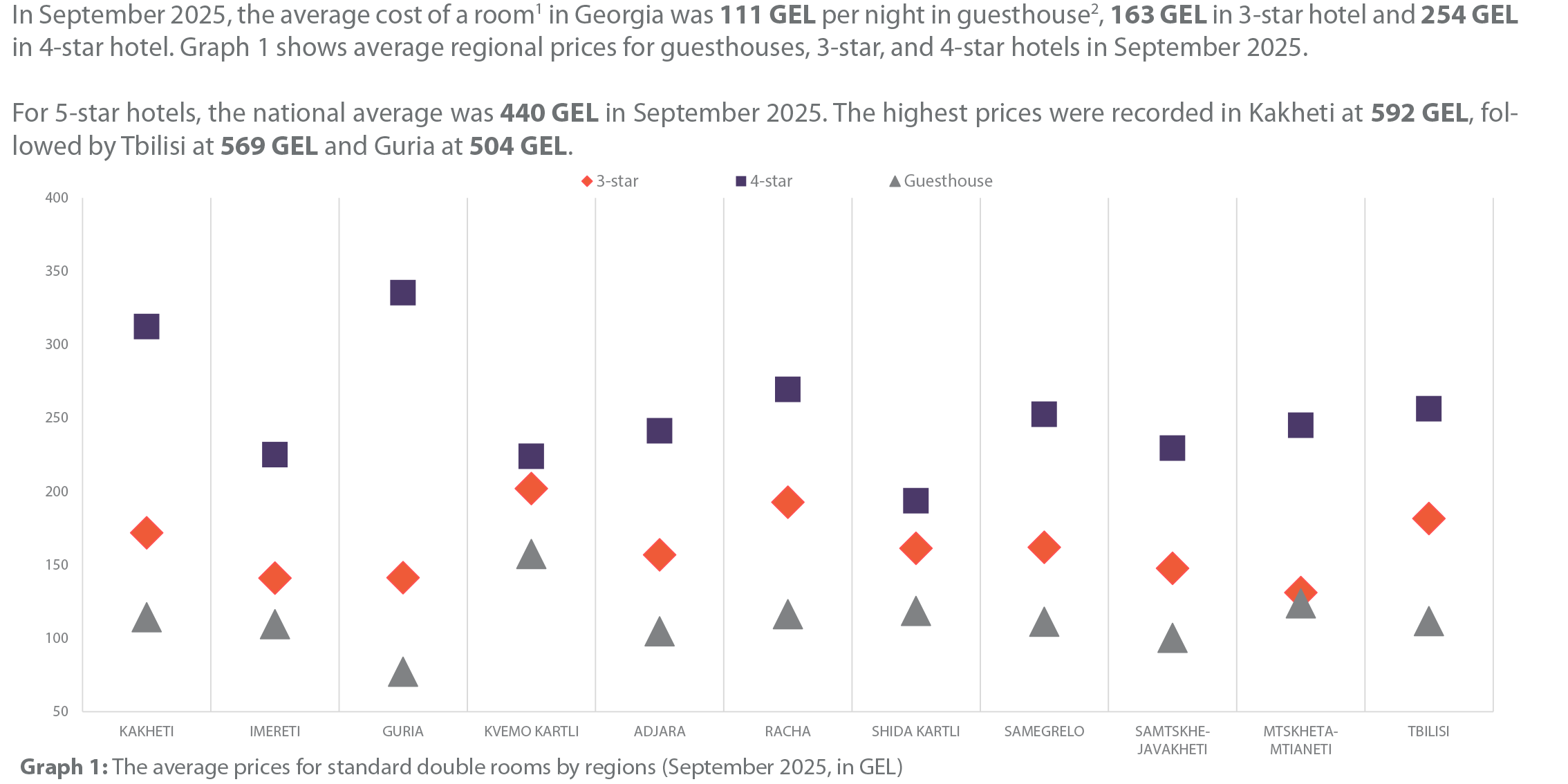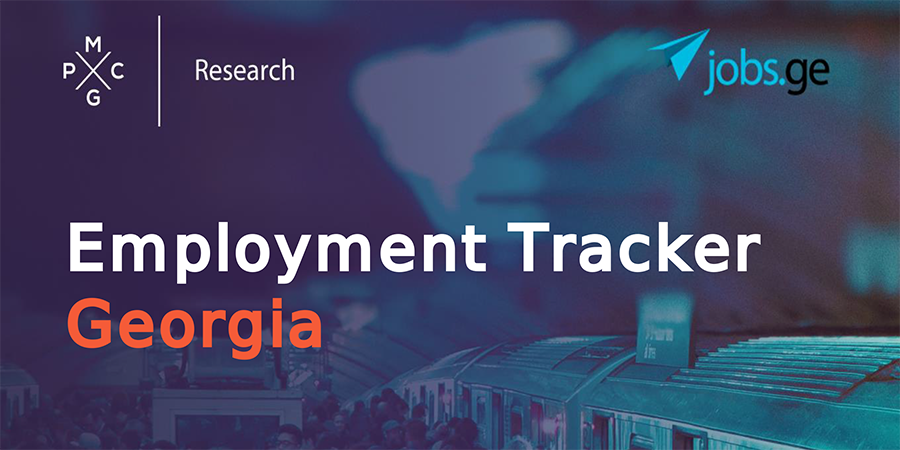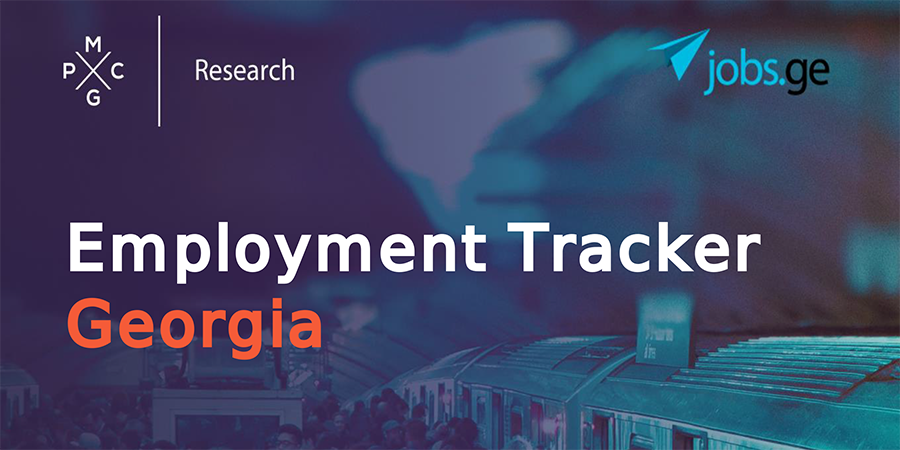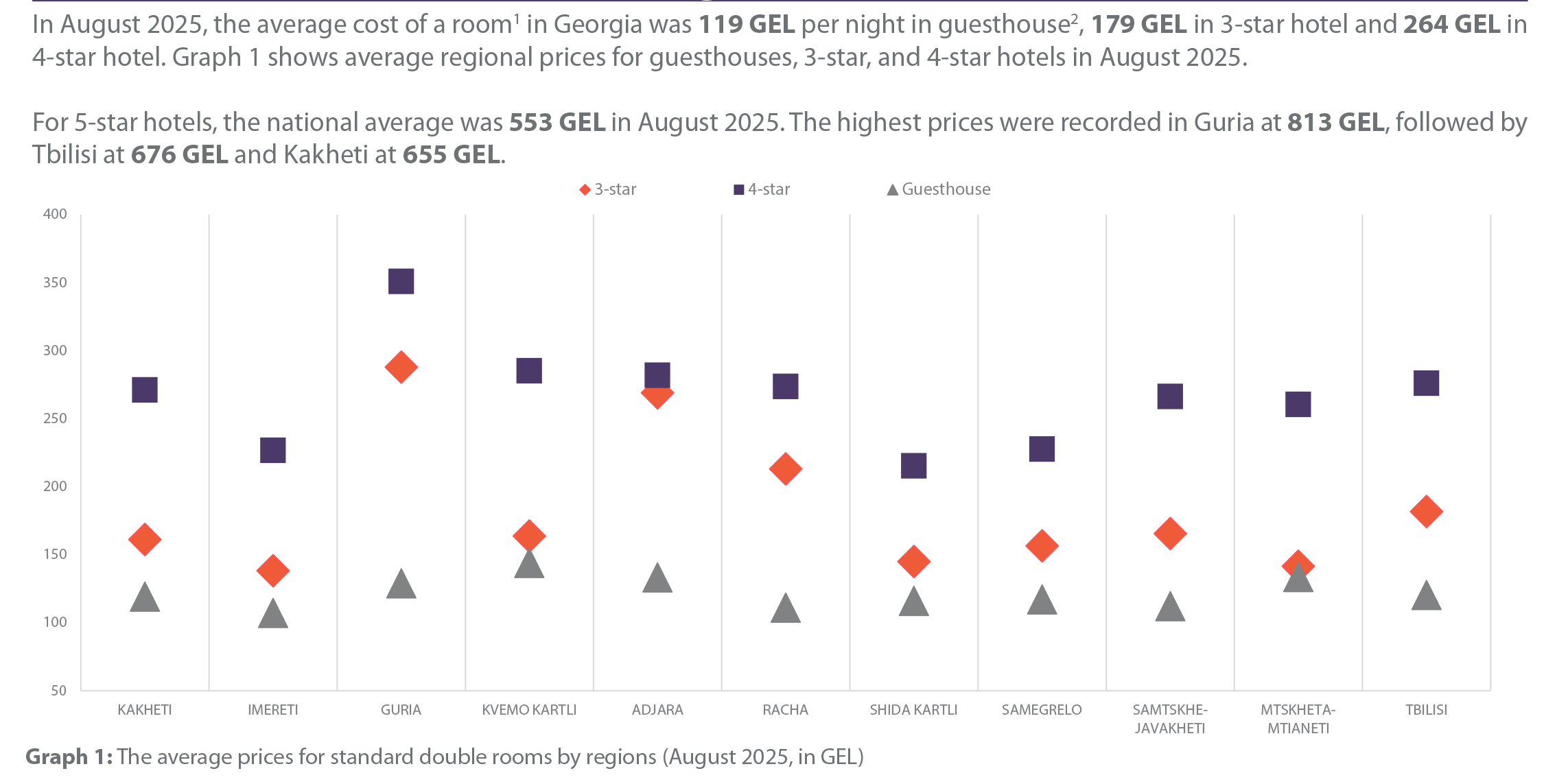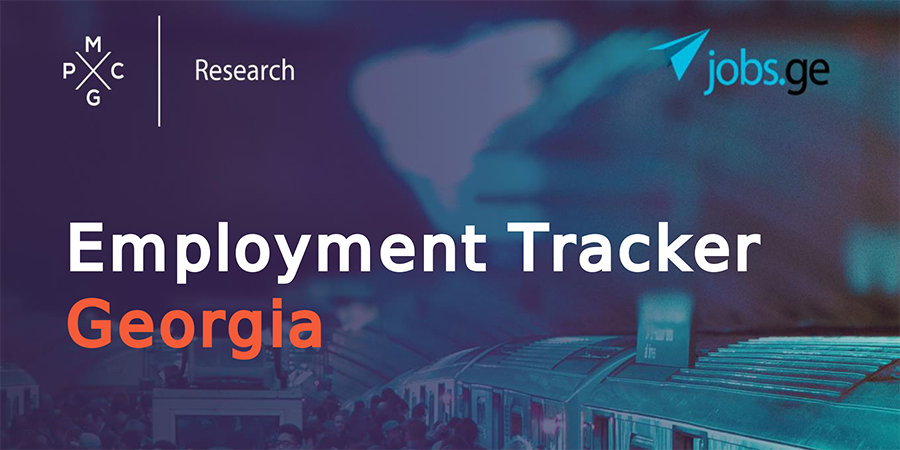
Improving Financial Governance in Montenegro
May, 2017
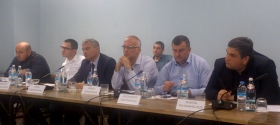
Feasibility Study on the Development of Integrated Solid Waste Management Systems in the Regions of Georgia
May, 2017

Advocating Gender Balance in Georgia’s Transportation System
May, 2017

Promoting Informal Education among Georgian Youth
Apr, 2017
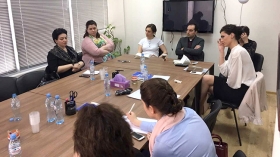
Facilitating Female Participation in Georgia’s Economic Development
Apr, 2017
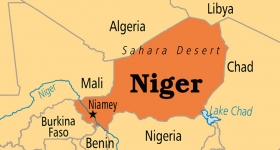
Enhancing Public Finance Management in the Ministry of Justice of Niger
Apr, 2017
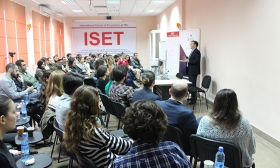
Continuing to Motivate Students to Attain High-Quality Education
Apr, 2017

Trainings for Georgian Self-Governments in Spatial Planning, Asset Management and Capital Investment
Apr, 2017
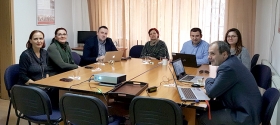
Enhancing Capacities of NGOs to Implement USAID Supported Activities in Kosovo
Mar, 2017
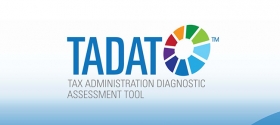
PMCG’s Tax System Expertise Boosted as Another Consultant Secures TADAT Certificate
Mar, 2017










